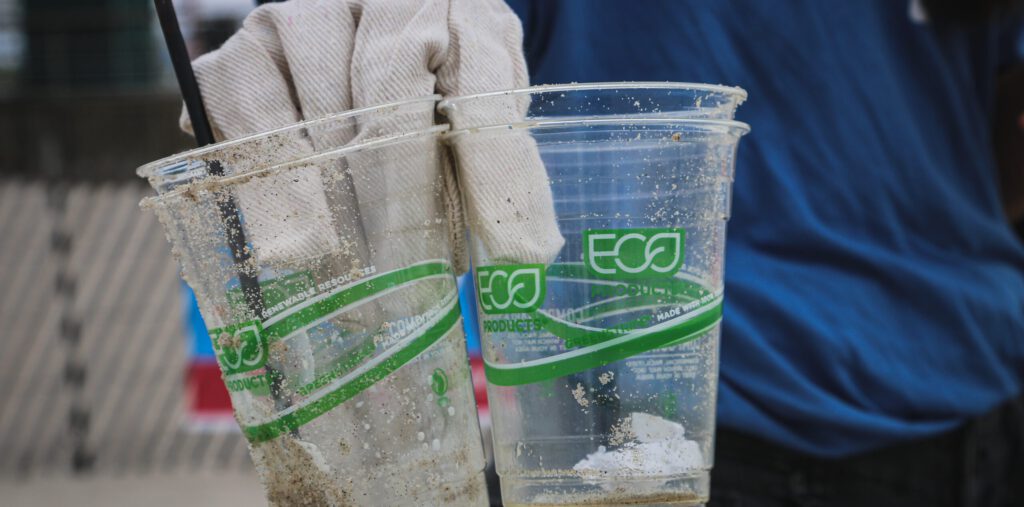
In times of uncertainty caused by the pandemic, brands are trying to use social issues and progressive strategies to make themselves out to be brands committed to humanity and ethics and thus capitalize on the current emotional state of their consumers. (video)
However, brands are not always internally aligned with the social cause that their new TV ads defend. Arwa Mahdawi, in an article for The Guardian, says: „Modern brands have started using progressive values as a marketing play and are appropriating social activism as a form of advertising. It is like the „Greenwashing“ of yore but on a whole other level. We have, I am afraid, entered a nauseating new age of woke washing.“
But, what does #wokewashing mean? A corporation, institution, or individual says or does something that signals their advocacy for a marginalized cause while continuing to cause harm to vulnerable communities. (https://www.wokewashing.com/)
Nowadays, consumers have more access to information across the internet and social media and are more critical about what brands they want to consume. Being REAL and taking a stand can be the biggest challenge for brands, advertising, and businesses today. To name one example, you cannot talk about equal pay in your advertising when your company has no women on its executive team (compare: Audi’s case during the Superbowl 2017).
Currently, the Museum of Brands in London has an exhibition called „When Brands Take a Stand“. It proposes to open the debate on whether brands should get involved in social issues and what might be the best way to do it if the answer is “yes”.
On his website, Chris Griffin, CEO at the Museum of Brands, explains, “We want to amplify the debate around the relationship between brands, people, culture and society, and how these interact with each other. Brands and advertising agencies have a platform to influence, and with that comes responsibility. This initiative dives into these complex relationships.”
This is a relevant issue due to the current world situation and the critical stance of new generations towards the problems that affect humanity such as climate change, equality, racism, and many others affect their lives massively.
Companies must perform a thorough internal analysis and corporate self-reflection (do a thorough scanning) to unearth shortcomings and implement actions that contribute to its transformation before taking a stand publicly. Listening and learning is the key to becoming a real „influencer“ of a cause. It is not just to make a campaign about the latest trendy social issue, earn a few euros, and win the hypocrite of the year award. Not anymore.
Hopefully, in the future, we can change the way our economy consumes and exploits people and natural resources, but in the meantime, there is much work to be done. At least some have already started.
